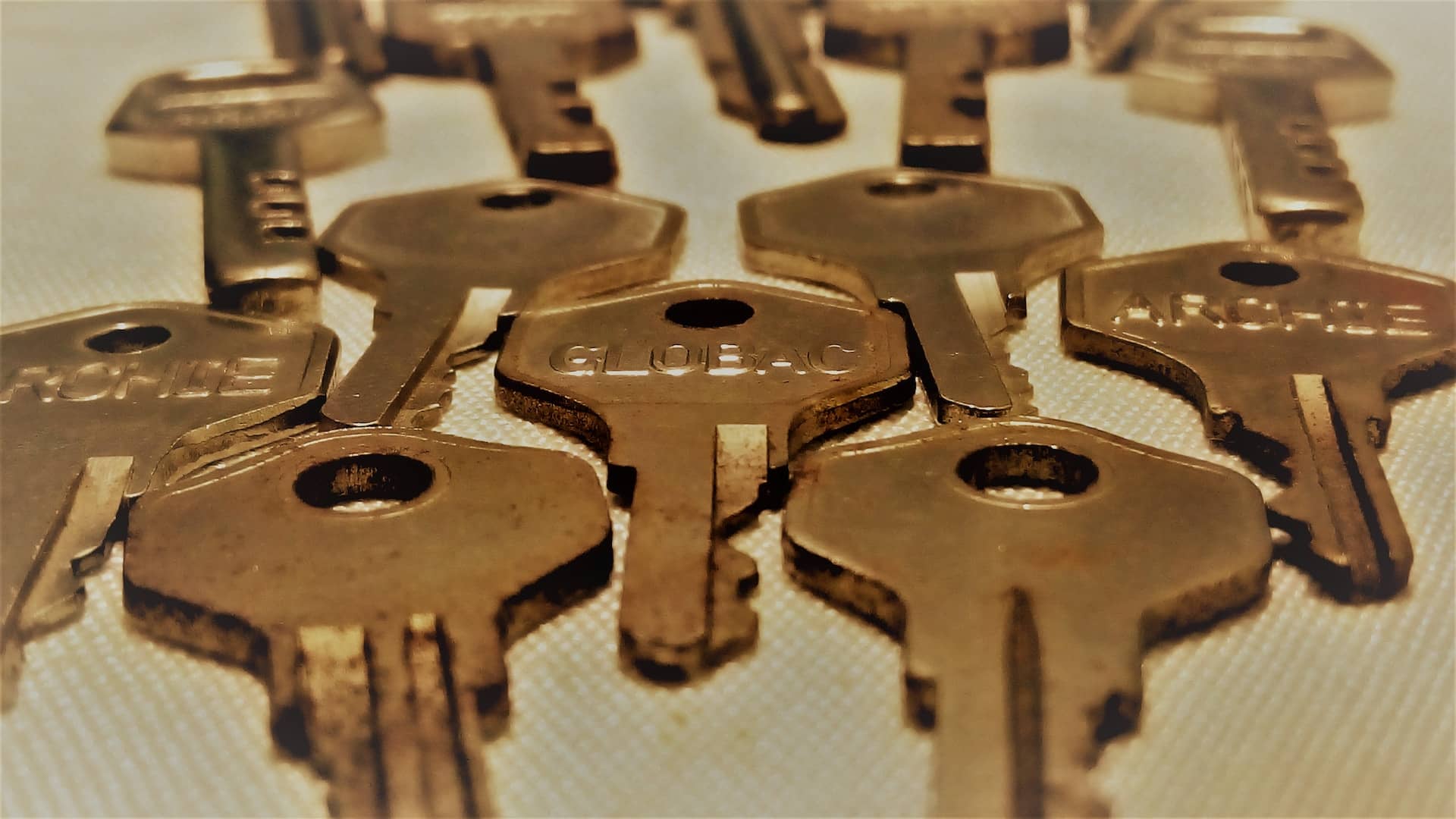Social housing plays a crucial role in society by providing affordable and secure homes for those in need. The responsibility of ensuring these homes are well-maintained and offer excellent service falls on the shoulders of social landlords. However, like any other service provider, there is always room for improvement. In this article, we will explore the essential role of social housing providers and delve into various ways they can enhance their standard of service to create a positive impact on the lives of their tenants. We will also explore the best steps to take in order to start a housing disrepair claim with us at National Claims.
Understanding the Role of Social Housing Providers
Social housing providers are organizations or entities responsible for managing and maintaining housing units designated for individuals and families with limited financial resources. These providers, which can include government agencies, non-profit organizations, or housing associations, strive to meet the housing needs of vulnerable populations. They aim to ensure that everyone, regardless of their income level, has access to safe and comfortable accommodation.
The challenge faced by many social housing providers is to strike a balance between offering affordable housing options while delivering a high standard of service to their tenants. This task requires a deep commitment to the welfare of residents and a willingness to continuously improve their services.
Social Housing Maintenance: A Cornerstone of Quality Service
One of the key aspects of improving the standard of service in social housing revolves around maintenance. Well-maintained properties not only ensure the comfort and safety of tenants but also reflect the dedication of the housing providers to their mission. Regular maintenance can prevent minor issues from becoming major problems, saving time and resources in the long run.
To achieve this, social landlords must implement efficient maintenance programs. They can do this by conducting regular property inspections, promptly addressing tenant maintenance requests, and proactively identifying potential issues. Additionally, harnessing technology can streamline maintenance processes, making it easier to track and resolve problems.
Promoting Transparent Communication
Clear and open communication between social landlords and tenants is vital for building trust and improving service. When tenants are well-informed about policies, procedures, and changes that may affect them, they are more likely to feel valued and respected.
Social housing providers should establish effective communication channels that encourage tenants to voice their concerns, suggestions, and feedback. Regular newsletters, community meetings, and online platforms can facilitate this two-way communication and foster a sense of community within the housing complex.
Empowering Tenant Involvement
Empowering tenants and involving them in decision-making processes can significantly impact the quality of service provided by social housing entities. When residents have a say in matters that affect their living conditions, they feel more invested in their homes and communities.
Social landlords can implement tenant councils or committees that work alongside management to address common concerns, advocate for improvements, and participate in the decision-making process. This collaboration can lead to innovative solutions and improvements that meet the specific needs of the community.
Investing in Tenant Support Services
Social housing providers can go beyond offering a roof over tenants’ heads by investing in support services. Many individuals and families residing in social housing may face various challenges, such as unemployment, health issues, or financial difficulties.
By partnering with local organizations, social landlords can offer support services tailored to the needs of their tenants. These services may include job training programs, health and wellness initiatives, financial counseling, and educational resources. By addressing these underlying challenges, social landlords can help tenants stabilize their lives and improve their overall well-being.
Prioritising Sustainability and Energy Efficiency
In today’s world, sustainability and energy efficiency are crucial factors for responsible property management. Social housing providers can play a significant role in reducing their environmental impact while also helping tenants save on utility costs.
Implementing eco-friendly initiatives, such as solar panels, energy-efficient appliances, and water-saving fixtures, not only benefits the environment but also makes housing more affordable in the long run. Additionally, supporting sustainable practices can enhance the reputation of social housing providers and attract environmentally-conscious tenants.
Making a Housing Disrepair Claim
While social landlords strive to maintain their properties, there may be instances where tenants face significant housing disrepair issues. A housing disrepair claim allows tenants to seek legal action if their living conditions have deteriorated to an unacceptable level due to landlord negligence. Making such a claim can be a challenging process, but it is essential to ensure that tenants’ rights are protected and that social housing providers are held accountable for their responsibilities.
Understanding Housing Disrepair
Housing disrepair refers to issues within a property that affect the health, safety, or comfort of its occupants. Common examples include damp and mold, faulty heating systems, leaks, structural damage, and pest infestations. When these problems are left unaddressed by social landlords, they can significantly impact the well-being of tenants and may even lead to serious health problems.
Steps to Making a Housing Disrepair Claim
Documentation: Before proceeding with a disrepair claim, tenants should gather evidence of the issues they are facing. This evidence can include photographs, videos, maintenance request records, and any communication with the landlord regarding the problems.
Notifying the Landlord
Tenants should formally notify their social landlords about the disrepair issues they are experiencing. This notification should be in writing and include a reasonable deadline for the landlord to respond and address the problems.
Seeking Legal Guidance
If the landlord does not respond or fails to address the disrepair issues adequately, tenants may need to seek legal guidance from us at National Claims, where we specialise in housing disrepair claims. We will walk you through the claims process to keep you in the loop as to what happens to your claim.

Conclusion
Improving the standard of service in social housing involves a multifaceted approach, encompassing maintenance, communication, tenant involvement, support services, sustainability, and accountability for housing disrepair. By taking these steps, social landlords can create a positive and nurturing environment for their tenants, ensuring that their housing needs are met with dignity and care. Striving for continuous improvement is not only a testament to the commitment of social housing providers but also a reflection of the broader societal goal of providing safe and secure homes for all.
Contact us to start your claim with us today and get the compensation you deserve for your housing disrepair.
Click below to see why we are one of the most trusted claims management companies in the UK.

We’re proud of our excellent customer reviews
We thrive on delivering exceptional service and ensuring our clients’ satisfaction. Don’t just take our word for it. Check out some of our independent reviews to see what our clients have to say.
Excellent

This firm is excellent, they sorted out my car pay out and injury claim very fast, they always communicate with you all the time.

My accident case was dealt with confidence and with great result of the outcome, especially James kept me informed all the time.

I was very impressed at the way my inquiry was treated. I was listened to attentively and everything I needed to know was explained to me.






